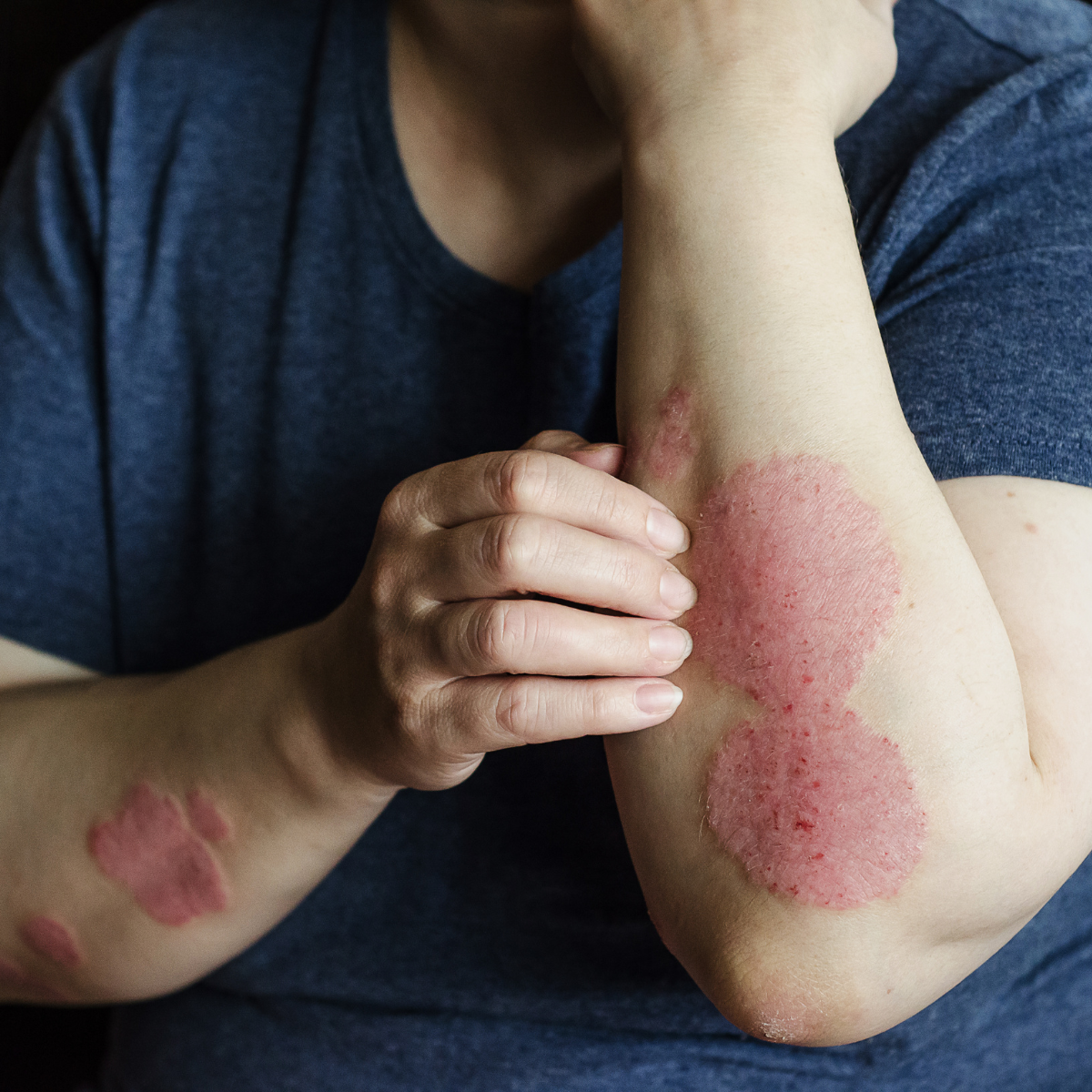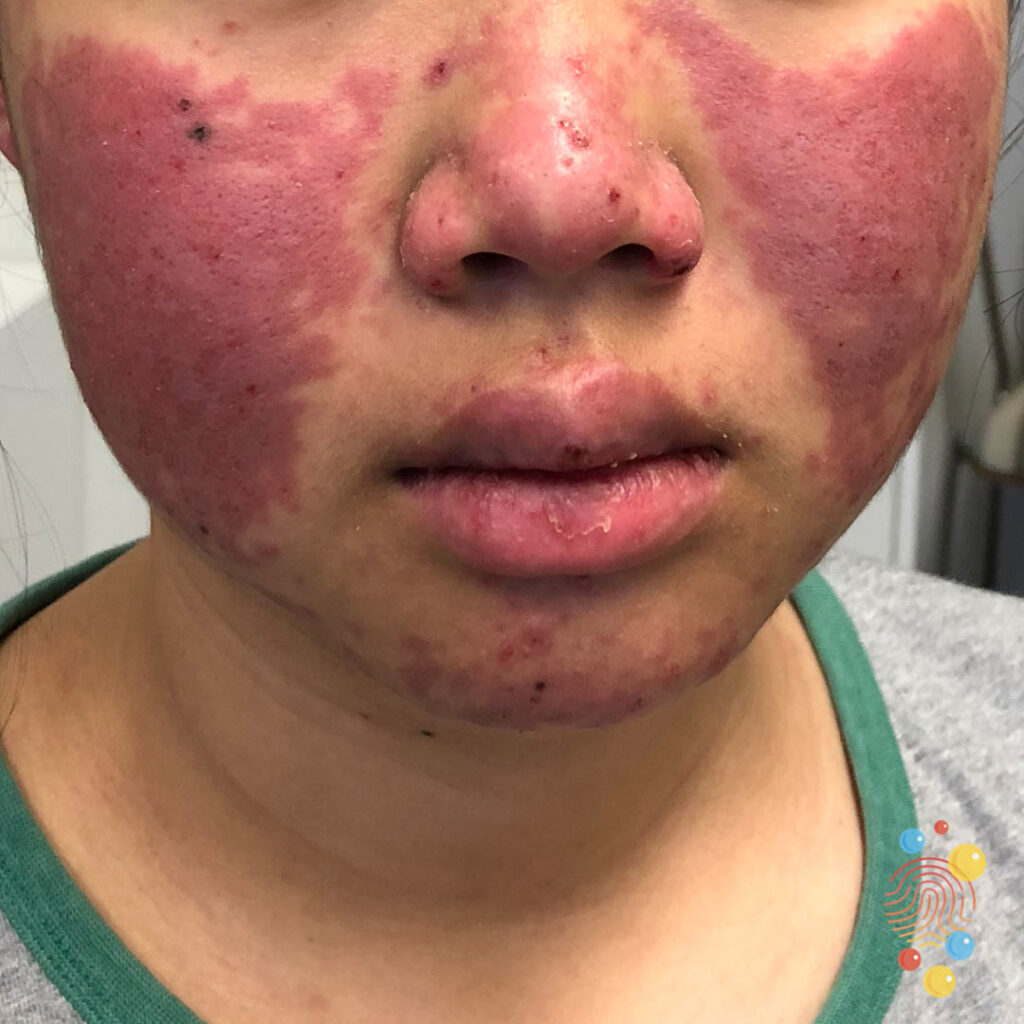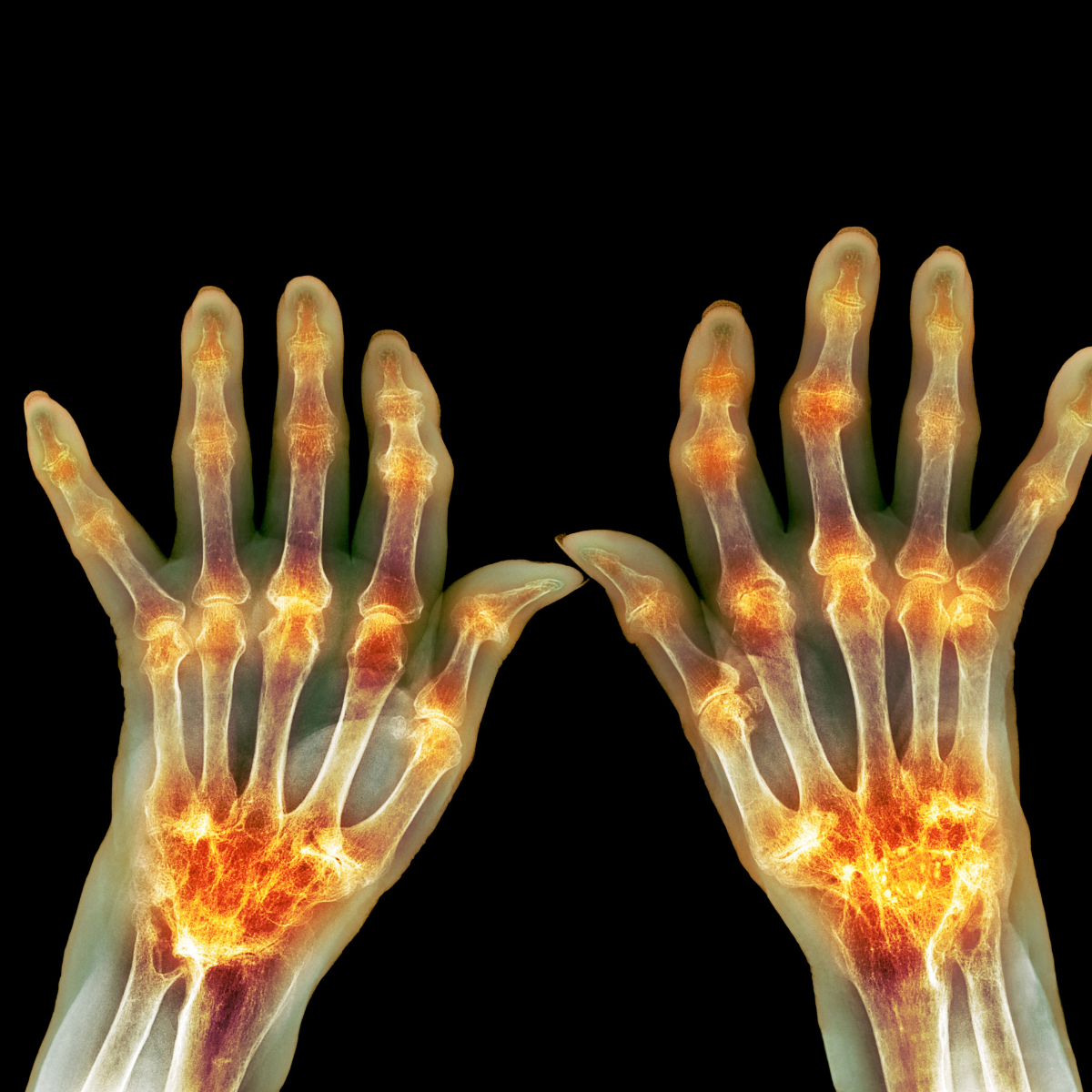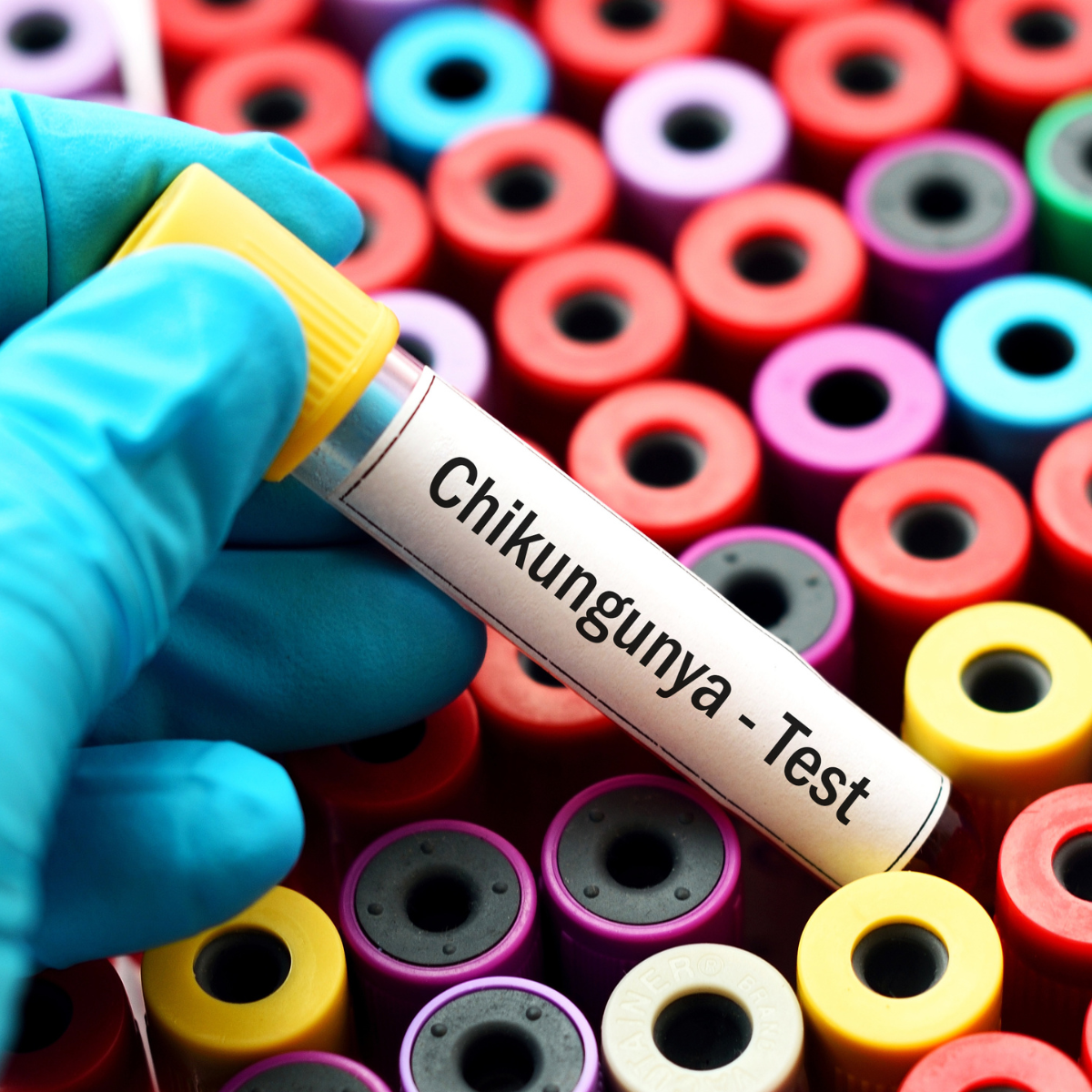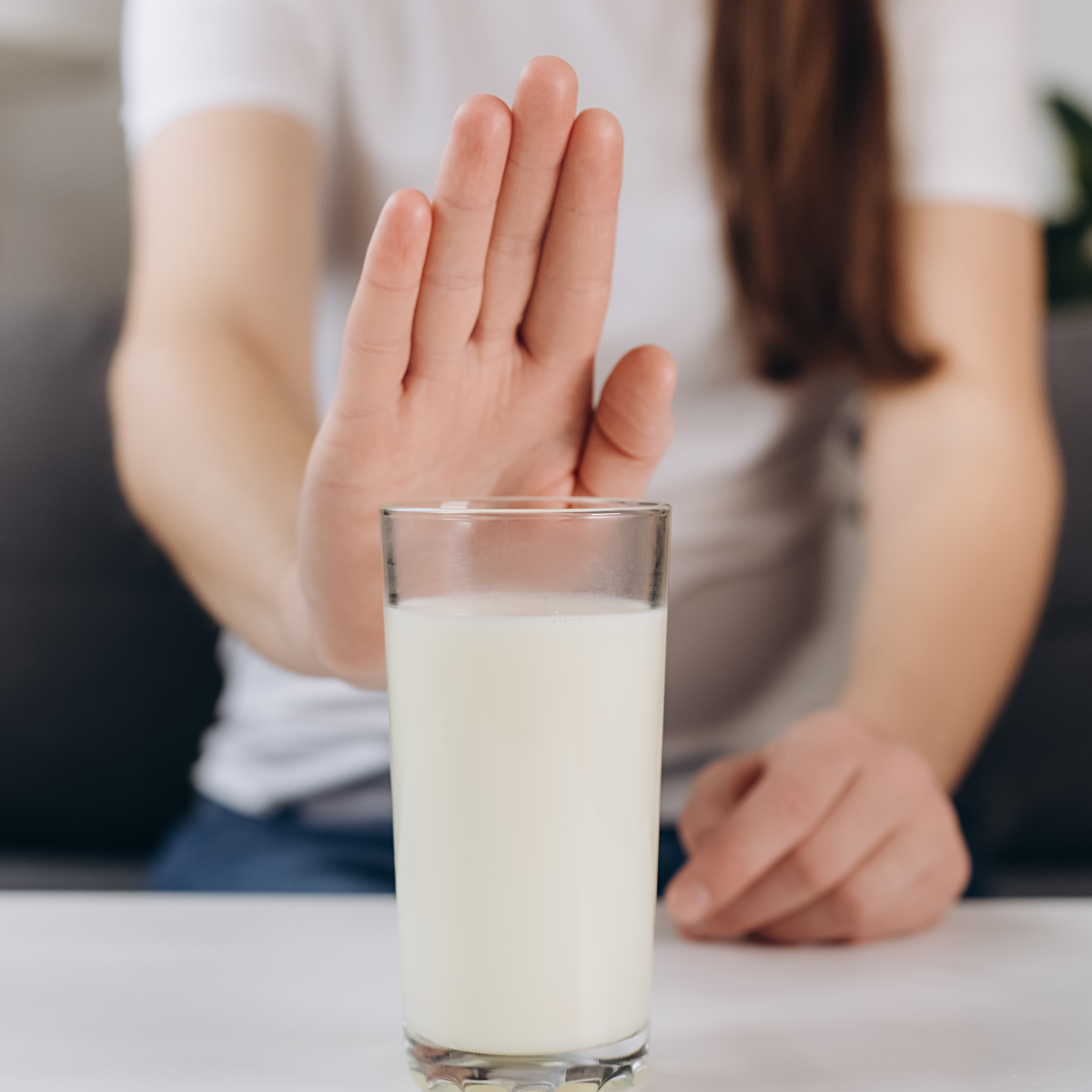
Lactose Intolerance
✅ What Is It & Disease Pathology (What’s Happening in the Body)
Lactose intolerance is when your body struggles to digest lactose, a natural sugar found in milk and dairy products. This happens because the body doesn't produce enough lactase, the enzyme that helps break down lactose.
What’s really going on inside:
When undigested lactose travels through the gut, it can cause discomfort like bloating, gas, or loose stools. This isn’t a disease—just your body saying, "This doesn’t suit me right now."
Why it happens (Root causes):
-
Natural drop in lactase enzyme after early childhood (after breastfeeding)
-
Genetics – more common in certain ethnic groups
-
Gut issues (like IBS or infections) may worsen symptoms
How common is it?
It’s very common—especially in Asian, African, and Indian populations. It’s not always full intolerance—many people are just sensitive to too much dairy.
🛑 Signs & Symptoms (What to Watch For)
-
Bloating after milk or dairy
-
Gas or stomach rumbling
-
Loose motions or diarrhea
-
Stomach cramps
-
Nausea (especially after dairy-heavy meals)
🟡 Most common: bloating and gas after dairy
🍽 Nutrition-Focused Line of Treatment
The goal isn’t to avoid all dairy—but to understand your body and eat smarter.
✅ Core dietary focus:
-
Anti-inflammatory & gut-friendly foods
-
Balanced meals with fiber, protein, and healthy fats
-
Why? To reduce gut stress and support smooth digestion
✅ Foods to INCLUDE:
-
Lactose-free milk, almond milk, coconut milk
-
Fermented dairy (curd, buttermilk – may be better tolerated)
-
High-fiber veggies & whole grains
-
Nuts, seeds, pulses for calcium & protein
-
Fruits rich in antioxidants
🚫 Foods to LIMIT (not avoid):
-
Milk, cheese, paneer (trial small amounts first)
-
Processed dairy products like milk chocolates, ice creams, biscuits
-
Sugary, packaged foods that often contain hidden dairy
💡 Key Nutrients to Focus On
When limiting dairy, make sure you're still getting:
-
Calcium (from sesame seeds, ragi, tofu, leafy greens)
-
Vitamin D (sunlight + food or supplements if needed)
-
Vitamin B12 (especially for vegetarians)
-
Magnesium & Zinc (for gut repair & hormone balance)
❌ Myth busting:
Not everyone needs calcium supplements. Your needs depend on diet, age & blood reports. Personalized is better than blanket rules.
🧘🏽♀️ Lifestyle Recommendations
✅ Daily Movement:
-
Walks, yoga, or simple stretches aid digestion
✅ Sleep Hygiene:
-
Aim for 7–8 hours of restful sleep
-
Avoid heavy dairy meals late at night
✅ Stress Management:
-
Deep breathing, journaling, or short meditation
-
Reducing screen time helps gut & hormone health
📊 What to Track & Blood Markers
Track these body signals:
-
Energy after meals
-
Digestive comfort
-
Mood & sleep quality
📒 Keep a food + symptom journal – especially after dairy
🔬 Suggested Lab Tests (if needed):
-
Vitamin B12, Vitamin D
-
HbA1c (if prediabetic)
-
TSH (if symptoms point to thyroid concerns)
Lab testing isn’t a must for everyone, but useful if symptoms are long-term.
📅Click here to Book your free 30-minute consultation
What to expect:
✅ Personalised review of your diet
✅ Gut & hormone-friendly food swaps
✅ Clarity on whether dairy is the real issue
✅ Next steps if needed – without fear or restrictions
🎥 Watch the full video for better understanding: Watch Here
👀 Things to Look Out For
-
Everyone’s tolerance is different. Try and observe what your body says.
-
Removing dairy blindly is not needed—listen to your gut (literally).
-
Gut healing and balanced eating go hand-in-hand.








